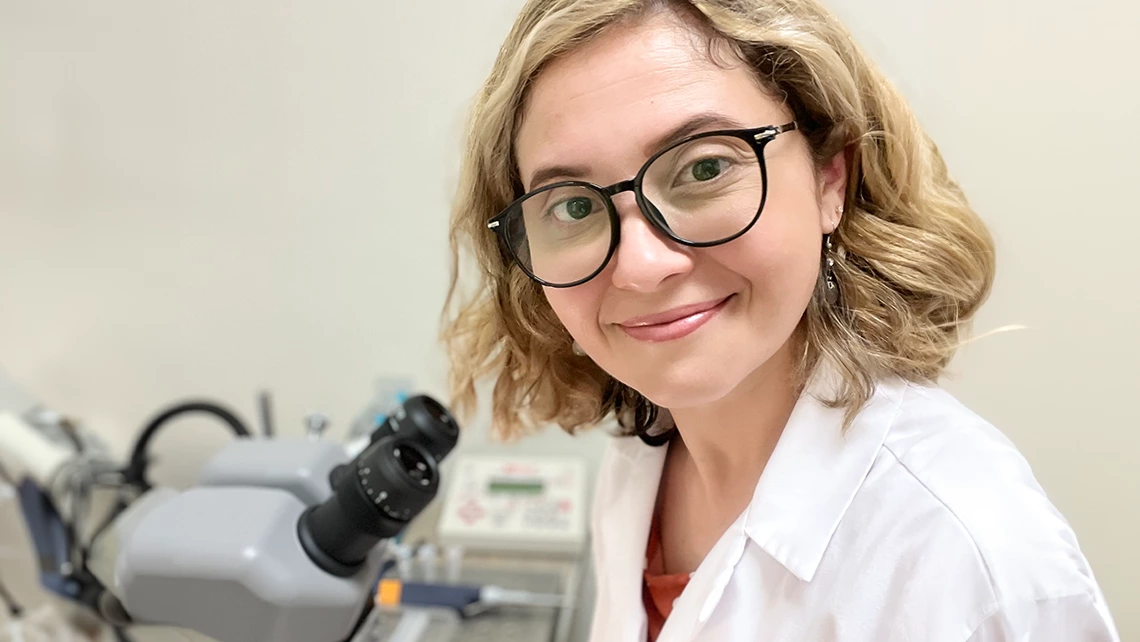New faculty championing the fight against vector-borne diseases
Paulina Maldonado-Ruiz recently joined the Department of Entomology to explore innovative strategies for tick management.

Paulina Maldonado-Ruiz
Tick bites may appear like little more than an annoyance, but for millions nationwide, a bite could lead to contracting a potentially deadly disease. Committed to mitigating vector-borne illnesses, Paulina Maldonado-Ruiz has dedicated her career to researching ways to manage the ticks that transmit them.
“My work has been in collaboration with other professors. Primarily, any research that we conduct is to improve human health, prevent vector-borne diseases, or control the arthropods that transmit them,” Maldonado-Ruiz explained. “These diseases not only affect human health but also animal health and cause a substantial burden to the healthcare system.”
Maldonado-Ruiz joined the Department of Entomology earlier this year as an assistant professor specializing in medical entomology and the molecular and microbial physiology of ticks.
Before joining the University of Arizona, Maldonado-Ruiz earned her bachelor’s and master’s degrees from Universidad Michoacana de San Nicolás de Hidalgo in Mexico. She later completed her Ph.D. in entomology at Kansas State University, where she also served as a postdoctoral research associate.
For her research on the molecular determinants in tick saliva that cause alpha-gal syndrome — a potentially life-threatening allergic condition also known as tick bite meat allergy — Maldonado-Ruiz earned a spot in the Entomological Society of America’s Early Career Professional Recognition Symposium in 2023.
In her new role at the university, she aims to pursue her research interest in ticks and alpha-gal syndrome, understand the tick microbiome for tick management development, and to adopt a holistic approach to science in her classroom.
“What I wanted to bring here is a multidisciplinary approach, both in research and teaching — like I have had in my research integrating disciplines such as the physiology of disease vectors, microbiology, and molecular biology — to allow students to tie things together,” she said. “I believe that the University of Arizona is a great place, where I can pursue my research interests and achieve my professional goals.”
“In addition, part of the reason why I joined the Department of Entomology, and the program, is because of its strong collaborative environment. I think that through a collaborative and multidisciplinary approach, we can unite forces in research aimed to prevent and control vector-borne illness.”
